Cash Flow vs Appreciation: Which One Deserves Your Love?
If real estate investing were a dating app, cash flow and appreciation would be the top two matches—but investors love to treat them like exes who can’t be in the same room.
Let’s clear that up.
Cash flow is the steady, predictable income you earn every month after all your bills are paid. Rent minus expenses. It’s your monthly “thank you” for owning the place. It’s reliable, shows up on time, and makes sure your lifestyle isn’t dependent on your boss saying “yes” to that vacation request.
Appreciation, on the other hand, is the slow burn. It’s the increase in your property’s value over time—either because the market lifts it up or because you made smart upgrades (forced appreciation). It’s the long game, where the real wealth stacks while you’re sleeping.
So… why the drama?
Because most investors think they have to choose. They see flashy headlines like “Buy in Austin—prices are exploding!” or guru Tik Toks yelling “Cash flow or die!” and assume it’s one or the other.
Reality check: You can build wealth with either. But which one you should focus on depends entirely on your goals.
Want to quit your 9–5? You need cash flow.
Playing the long game while stacking a portfolio? Appreciation might be your best friend.
Want to win the real game? Learn how to work both.
Cash Flow: The Reliable, Rent-Paying Bae Who Shows Up Every Month
Let’s talk about the steady type. The dependable one. The “pays the bills, shows up on time, no drama” real estate relationship. That’s cash flow—and if financial freedom is your goal, this one deserves your full attention.
Cash flow is what’s left over after you pay all your property-related expenses:
Mortgage
Property taxes
Insurance
Repairs & maintenance
Property management (if you outsource)
Vacancy reserves (because, yeah, people move out)
If you’re collecting $2,000 in rent and spending $1,500 on expenses, that leftover $500/month? That’s your net cash flow. It’s income. It’s leverage. It’s what makes real estate feel real.
Why Investors Love Cash Flow:
It pays you now. This isn’t paper wealth. It’s spendable, scalable income.
It’s predictable. Even in a flat market, people still need a place to live.
It snowballs. Stack enough cash-flowing properties and suddenly… you don’t need a boss.
It’s bankable. Want to refinance, borrow, or build more? Lenders love stable income.
But it’s not all roses.
What Can Go Wrong:
Tenant turnover and vacancies = income loss
Surprise repairs eat into profits fast
Rent control or market shifts can cap your growth
Still, if your goal is to replace your job, pay down debt, or retire early, you need income-producing assets. Because you don’t retire on Zillow estimates—you retire on cash flow.
Appreciation: The Long-Term Love Affair That Pays Off Big (If It Doesn’t Ghost You)
property appreciation, long-term real estate investment, real estate equity
Appreciation is the attractive one. The glow-up partner. The “it’ll be worth more later” play. And let’s be real—nothing gets investors hot and bothered like a property that skyrockets in value while they sleep.
Appreciation is the increase in a property’s value over time. And it comes in two forms:
Market-based appreciation: Driven by external forces like demand, population growth, inflation, and economic development. Think of booming cities where homes double in value in five years.
Forced appreciation: The value boost you create by improving the property—updating kitchens, adding bedrooms, converting garages, etc.
Here’s why appreciation gets so much love:
It can add six figures to your net worth without you doing much (if you bought smart).
You can refinance based on your new equity and pull cash out tax-free.
You can sell and 1031 exchange into bigger, better properties.
But here's the catch:
Appreciation is market-dependent. If the market dips, so does your paper wealth.
It’s not liquid—you can’t spend it unless you refi or sell.
It doesn’t help with monthly bills unless you’ve got other cash flow to cover them.
So yeah, appreciation is sexy—but also a little unpredictable. It’s not for the investor who needs to eat off their investments right now. It’s for the patient, the long-term thinkers, and the wealth-stackers.
Math Time: Sample Deals That Show the Real Difference
Rental property ROI, real estate return comparison, investment property examples
Alright, let’s stop flirting with theory and run the numbers. Because when it comes to investing, opinions are cute—but math pays the bills.
Let’s compare two very real types of properties:
Property A: Cash Flow King
Purchase Price: $150,000
Monthly Rent: $1,500
Expenses (mortgage, taxes, insurance, etc.): $1,200
Net Cash Flow: $300/month ($3,600/year)
Appreciation? Slow. Maybe $5,000 in 5 years.
5-Year Snapshot:
Total Cash Flow: $18,000
Equity from appreciation: $5,000
Total Return: $23,000
Property B: Appreciation Ace
Purchase Price: $300,000
Monthly Rent: $2,000
Expenses: $2,000
Net Cash Flow: $0/month
Appreciation? Let’s say it gains $50,000 in 5 years
5-Year Snapshot:
Total Cash Flow: $0
Equity from appreciation: $50,000
Total Return: $50,000
So which one wins?
That depends on your goal.
Want income now? Property A pays you monthly and keeps your portfolio liquid.
Want wealth-building potential? Property B may be a slow burn—but it can fund bigger plays later.
Investor Tip:
Track both Cash-on-Cash Return and Equity Growth Rate to see the full picture.
Better yet, build a calculator or spreadsheet that weighs your financial goals against real numbers (or snag one from me — say the word, and I’ll package it up).
When to Choose Cash Flow First (Hint: You Want to Quit Your Job Soon)
real estate for passive income, cash flow goals, income-focused investing
Let’s be blunt: if you’re trying to escape the 9–5, live off your investments, or replace your income ASAP, cash flow is your ride-or-die.
You don’t need properties that might grow in value someday. You need properties that pay you today.
Cash Flow Is King When:
You want to exit your day job within 1–5 years
You’re building a base of monthly income to cover expenses
You’re using real estate as your main wealth vehicle (not a side hustle)
You don’t have the luxury of waiting for long-term gains
Best Cash Flow Markets:
Think Midwest, Southeast, and smaller landlord-friendly towns where purchase prices are low and rent is strong. These markets might not double in value overnight, but they’ll put money in your pocket month after month.
Best Strategies for Cash Flow:
BRRRR Method – Reuse capital while keeping cash flow
Turnkey Rentals – Especially in strong rental markets
Section 8 or Subsidized Housing – Predictable payments, if managed well
Short-Term Rentals – Higher revenue if you’ve got the systems
Pro Tip:
If your properties don’t cash flow from day one, you’re gambling, not investing. Appreciation is potential. Cash flow is proof.
So if financial freedom is your goal—not just a higher net worth—stack those cash-flowing properties like bricks in your wealth wall.
When to Chase Appreciation (Hint: You’ve Got Time and Toleran
equity growth, high appreciation markets, long-term investing strategies
If cash flow is the steady partner, appreciation is the one you invest in when you’re playing the long game. You don’t need instant income—you’re here to build wealth that snowballs over time.
Appreciation plays make the most sense when you’ve got:
A W-2 or business income covering your day-to-day life
Cash reserves to float vacancies or dips
A long time horizon and a high tolerance for delayed gratification
You Chase Appreciation When:
You’re buying in a growth market like Phoenix, Austin, Nashville, or Denver
You want to tap into equity through refis or 1031 exchanges
You’re investing in primary residences, house hacks, or multifamily flips
Your goal is a big payday later, not monthly income now
But Be Warned:
Market-driven appreciation is outside your control
You could break even (or worse) if timing goes sideways
You’ll need to cover expenses from other income sources while you wait
Smart Appreciation Strategy:
Start with one or two cash-flowing properties to anchor your portfolio, then sprinkle in appreciation bets in high-growth areas where job growth, development, and population shifts are surging.
Because when appreciation hits big, it funds your next round of investments—without touching your bank account.
So if you’ve got the financial runway and patience, appreciation can be your equity engine—you just need to keep the rest of the machine running.
The Power Combo: Why the Best Investors Build with BOTH
balanced real estate portfolio, combining cash flow and appreciation, best investment strategy
Let’s end the “cash flow vs appreciation” debate once and for all.
Because the truth is… the wealthiest real estate investors don’t pick sides.
They build portfolios that do both.
Cash flow pays you now. Appreciation pays you later.
And the smart ones know: you need both to build lasting wealth.
Here’s how top investors blend the strategy:
Start with cash-flowing properties in affordable, stable markets (Midwest, South, landlord-friendly zones). These give you income, cover expenses, and create a financial safety net.
Add in appreciation markets once you’ve built your base. These are the equity rockets—assets you hold, refinance, or sell for big wins down the road.
Use strategies like BRRRR, house hacking, and 1031 exchanges to multiply equity and cash flow simultaneously.
Build a stacked portfolio:
A few turnkey or BRRRR rentals for income
A high-growth market play for long-term equity
Maybe your own residence pulling double duty as a tax-advantaged appreciation asset
Why It Works:
You’re not dependent on one market cycle
You can weather storms and still build net worth
You’re stacking both freedom and fortune
The goal isn’t to argue which is better. The goal is to build a portfolio that works for your life, goals, and timeline—now and later.
Ready to stop guessing and actually build a portfolio that pays you two ways?
Let’s map out your custom strategy—where to buy, what to prioritize, and how to balance cash flow and appreciation like the pros.
Book your FREE strategy call now and let’s make your money love you back.


